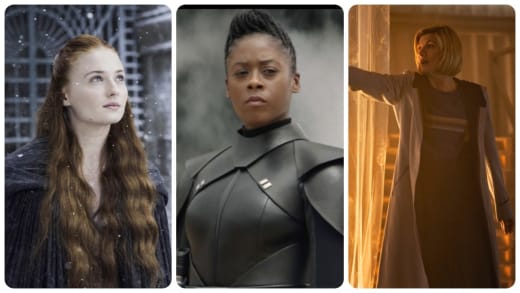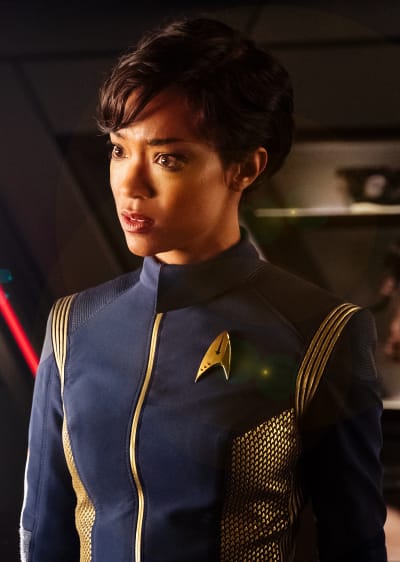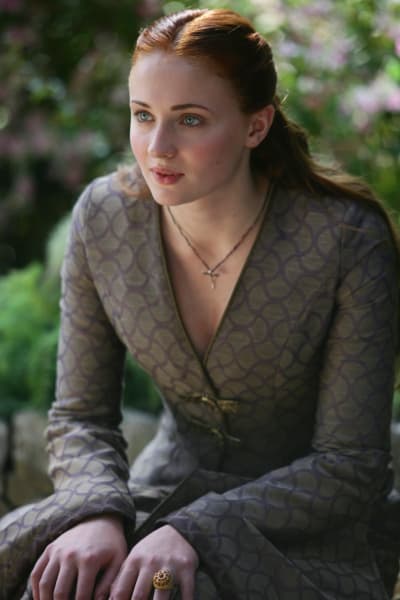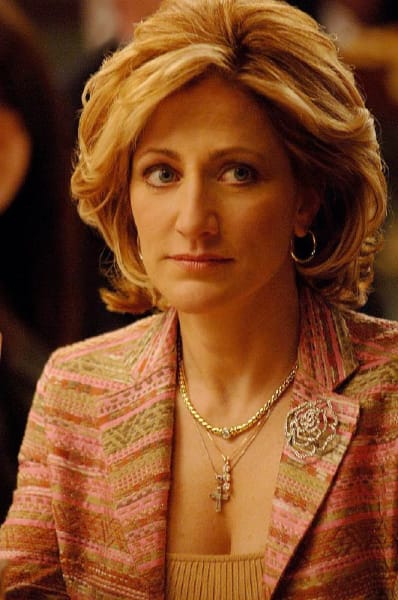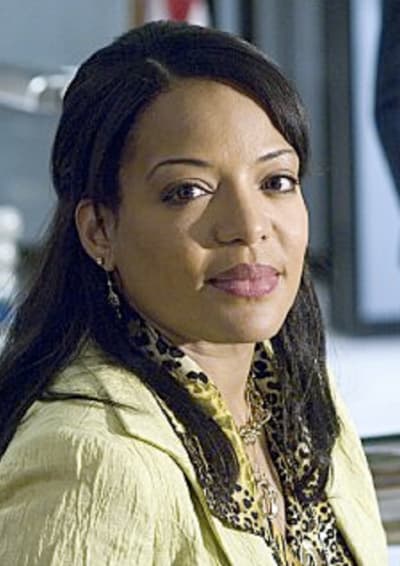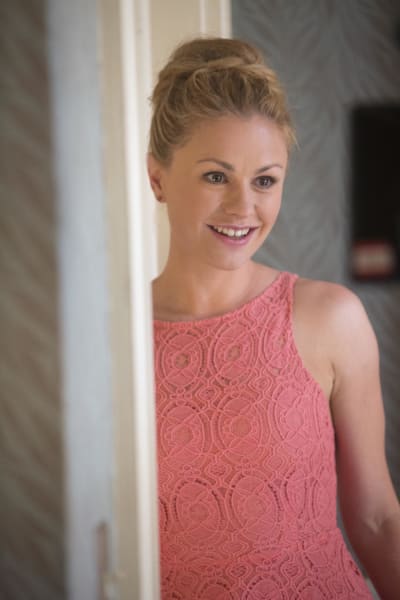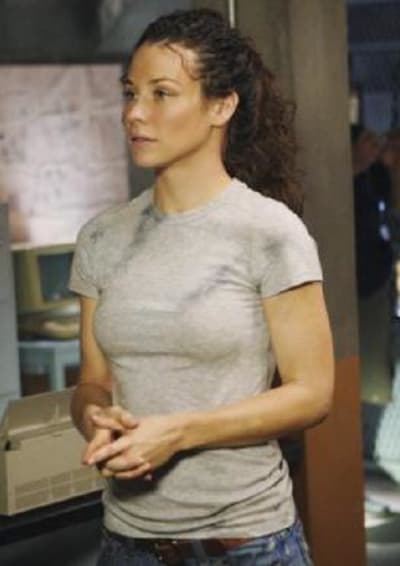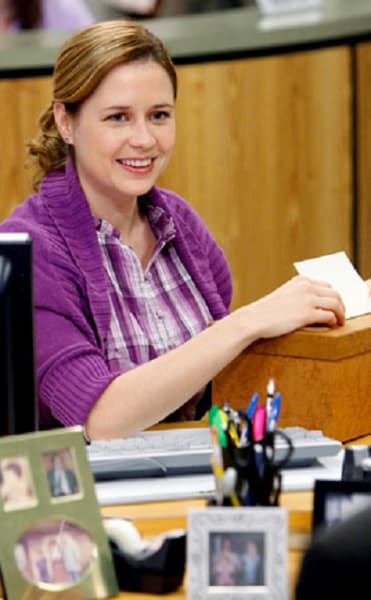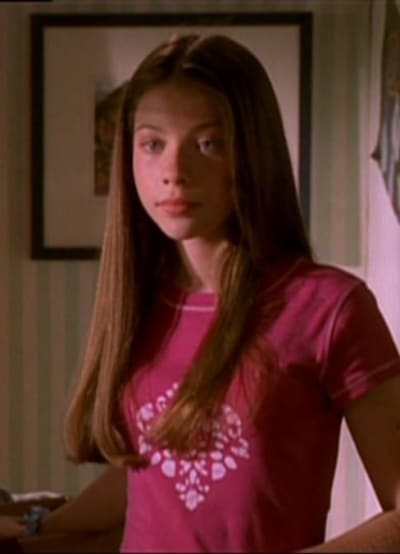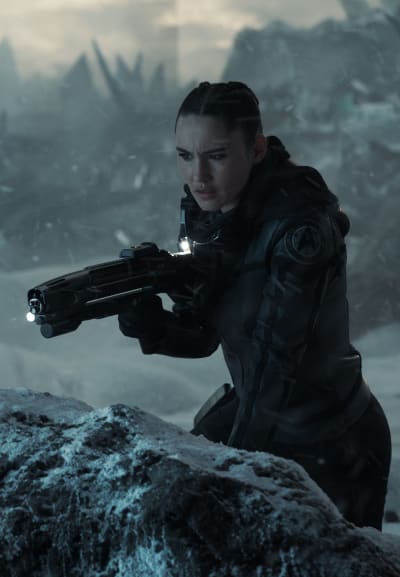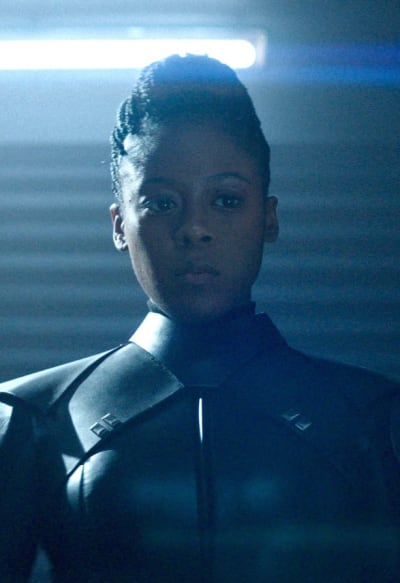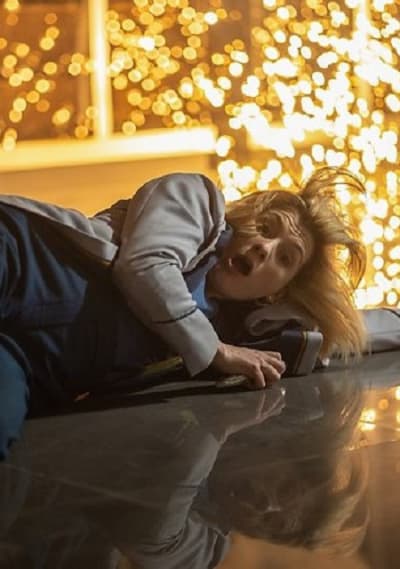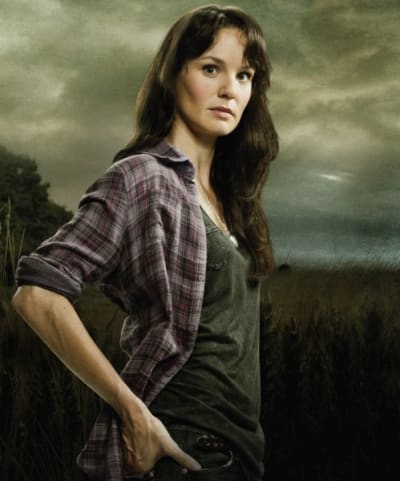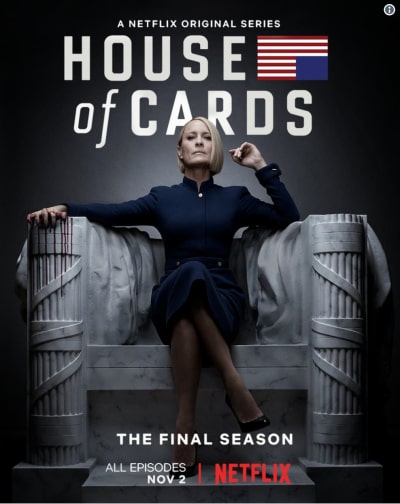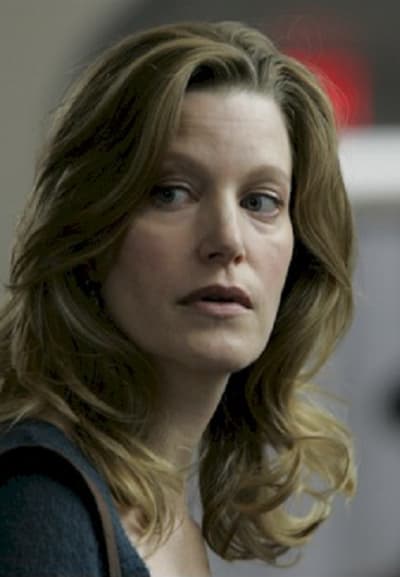Over the years, some female characters have caused an unusual amount of ire in their respective fandoms; rarely is it justified.
We tend to see an unnecessary amount of vitriol getting spewed on characters who are mainly there to act as a foil or cause conflict to the male hero (or, as is often the case, anti-hero).
The amount a woman gets hated on is often related to how much the fans adore the male characters. In other cases, she might be too flawed, too perfect, or even just exist while being a woman. And let’s not forget old-fashioned racism!
Here we’ll look at some female characters who have incensed large populations of their show’s fandoms and argue about whether it was deserved (SPOILER ALERT: It probably wasn’t).
NOTE: Sometimes, the hatred crosses over to the actress playing the hated character, and you can read about some of those here.
Michael Burnham (Sonequa Martin-Green) – Star Trek: Discovery
The more inclusive Star Trek gets, the more certain fans get mad about it.
Fans didn’t like the reconning of Spock having a sister, but they were also probably mad about a Star Trek series led by a woman of color. The fact that Michael was somehow the central protagonist without being the captain also ruffled a few feathers.
Fans complained she was one-dimensional, but she was raised by Vulcans, so why wouldn’t she be less emotional than regular humans?
Hardcore Trekkies didn’t appreciate the liberties Discovery took with the franchise, and a lot of that dissatisfaction got dumped onto Michael and other female characters like Sylvia Tilly.
Sansa Stark (Sophie Turner) – Game Of Thrones
Oh, sweet summer child. Sansa’s biggest issue was that she was young and inexperienced.
A fairy tale princess trapped in the wrong story, Sansa naively expected her prince to be charming, and when the tables were turned on her, she scrambled to keep herself alive at any cost.
The hatred for Sansa waned as the series continued, and she grew into a resilient survivor after being subjected to repeated trauma.
Terrifying circumstances could bring out the worst in anyone, and the amount of hate she got in the early seasons simply for acting like a child (when she was, in fact, a child) was unwarranted.
Carmela Soprano (Edie Falco) – The Sopranos
Carmela got a lot of flack for being a hypocrite. It’s probably because she tried to have it both ways — enjoying a life of luxury but ignoring the fact that it was a product of her husband’s crimes.
However, it’s essential to recognize that Tony (James Gandolfini) was a terrible husband and father. You can dislike Carmela for her cognitive dissonance.
Still, it’s troubling that a woman could be so hated for wanting her husband to be a better father and be involved with his family (instead of ignoring them to have affairs and commit crimes).
Maria LaGuerta (Lauren Luna Velez) – Dexter
LaGuerta was nobody’s favorite character on Dexter. She always gave Deb (Jennifer Carpenter) a hard time and went from crushing on Dexter (Michael C. Hall) to being suspicious of him.
LaGuerta was a shady cop in a brutal city and did some questionable things, but would she have gotten so much hate if she wasn’t an outspoken Latina woman?
So many viewers people cheered her (spoiler!) death because it meant Dexter would be free, but all I can think of is how she was punished for being too clever.
Sookie Stackhouse (Anna Paquin) – True Blood
In an unexpected twist, it was predominantly female fans who were turned off by True Blood heroine Sookie.
Maybe it was because she strung along everyone’s favorite vampire Eric Northman (Alexander Skarsgard), while she still had feelings for Bill Compton (Stephen Moyer).
Fans attacked her for her looks (low blow) and for being annoying, an unquantifiable descriptor that comes up for far too many young, pretty female characters.
Sookie’s world was as bonkers as it gets, and she made it all the way to the end. You have to admire her for that.
Kate Austen (Evangeline Lilly) – Lost
Kate was a strong female character who didn’t really land the way the writers intended. She seemed selfish, even though you could understand why she came off that way.
When she ended up in the middle of a love triangle, fans deemed her a slut.
Kate is another example of a deeply flawed woman with questionable motivations who would probably not be as vilified if she’d been a male character (look at how much she and Sawyer have in common).
The great thing about Kate was that she learned and grew as a person, finally redeeming herself by the end, and she deserves more credit than she gets.
Pam Beesly/Halpert (Jenna Fischer) – The Office
Pam was beloved by fans early on in The Office, and her will-they-won’t-they office flirtation with goofy but lovable Jim Halpert (John Krasinski) was a driving force of the series.
However, when they got together, new plotlines emerged, and their relationship was tested. Once Jim and Pam got together, she became a mom of two, growing less tolerant and more insecure.
Well, guess what? Being a mom seriously warps your sense of self! Not only that, but Jim repeatedly went behind her back with gigantic decisions that he should have mentioned to her (the house, Athlead).
She had every right to be upset with him, but fans complained that she was too whiny and controlling.
Dawn Summers (Michelle Trachtenberg) – Buffy The Vampire Slayer
Dawn was never going to have an easy time of it after essentially appearing out of nowhere in Buffy The Vampire Slayer Season 5.
She was a thorn in Buffy’s side a lot of the time, but to be fair, she was a young teen processing a whole lot of supernatural BS.
Dawn deserves more leeway than she got, even if she was basically the Wesley Crusher of the Buffyverse.
La’an Noonien-Singh (Christina Chong) – Star Trek: Strange New Worlds
Besides the fact actress Christina Chong was repeatedly misidentified as The Expanse’s Cara Gee when the show premiered, the character came in carrying the canon baggage of being a descendent of Khan Noonien-Singh, Kirk’s Big Bad.
Trek followers continue to debate if she’s an augment because her ancestors were genetically modified.
They also somehow blame her for the revelation that the Gorn are a faster and deadlier species than the one Gorn Kirk fought on Star Trek: The Original Series Season 1 Episode 18, filmed and aired in 1967. *facepalm*
Reva Sevander (Moses Ingram) – Obi-Wan Kenobi
Many fans had made up their minds before even watching the Star Wars mini-series. Reva Sevander dared to be a woman of color in the Star Wars universe, and we’ve seen how that riles up the fanbase several times.
Reva’s youth was full of unspeakable trauma, which doesn’t excuse her actions, but it does make sense of them.
Angry and impulsive, she makes viewers uncomfortable because she is a force of female rage, a very different sort of villain than we’re accustomed to seeing in the franchise.
Sevander is not inherently likable, but she’s a much more complex character than she gets credit for being.
The 13th Doctor (Jodie Whittaker) – Doctor Who
You can make up all sorts of excuses as to why fans dislike Jodie Whittaker’s take on the famous Time Lord.
Ultimately it all boils down to the fact that she was the first woman to play the iconic character and had to live up to impossible standards.
Look, you can absolutely prefer some incarnations to others — everyone’s got their favorite doctor — but Whittaker got an unfair amount of hate even before her episodes aired, which should tell you something about people’s biases.
Lori Grimes (Sarah Wayne Callies) – The Walking Dead
For all The Walking Dead’s awesome female characters (Michonne, Carol, Maggie), there were some from earlier seasons that fans reviled, namely the original Mrs. Grimes, Lori.
Lori was pregnant for most of her time on the show, which eventually resulted in her untimely death. She had also gotten with Rick’s partner Shane after she believed her husband was dead, which further complicated matters.
Fans never warmed to Lori, primarily due to her erratic emotions caused by heightened anxiety, pregnancy hormones, and fear for her kids during the ZOMBIE APOCALYPSE.
Lori’s was a truly horrific death, which redeemed her in the hearts of many viewers (it shouldn’t have to take a woman to suffer like that to be redeemed). She died as she lived — trying to do right by her kids, even if it meant making the ultimate sacrifice.
Claire Underwood (Robin Wright) – House Of Cards
Claire spent her entire life supporting her ambitious husband, Frank. As they cheated and blackmailed their way through Washington, Claire was by Frank’s side. When they finally made it, Frank reneged on his promise. So, Claire decided to do things her own way.
Fans went off about how they were ruining the show by putting a woman at the forefront of the narrative. It didn’t help that Kevin Spacey, who played Frank, was booted from the series prematurely (after sex abuse allegations).
The writers were forced to scramble, and as a result, Claire’s popularity plummeted. The final season is hailed as one of the worst.
Skyler White (Anna Gunn) – Breaking Bad
Skyler is arguably the most infamous character to fit this trope.
Skyler goes on a journey throughout Breaking Bad. Her husband was literally cooking meth, running a drug ring, and killing people. When she finds out, he manipulates her and threatens their newborn baby.
Skylar is a woman thrust into impossible circumstances, sometimes misstepping but doing her best to protect herself and her children against their criminal mastermind patriarch.
Throughout the series, fans called her a shrew, harpy, bitch, and sent death threats to Anna Gunn. Skyler was a realistic, complex foil to one of television’s greatest anti-heroes, and she deserves reconsideration.
What have we learned? There’s a difference between “we love to hate her” and “we just straight up hate her for ruining our shows and giving our fave male characters a hard time.”
Look, it’s OK to dislike characters, especially evil ones, but sometimes it’s necessary to examine why characters are so reviled.
I urge you to think about it (“Search your feelings!”) when you find yourself hating on a female character — would you hate her as much if she were a man in the same circumstances?
Consider the nuances before you go spewing hatred on the internet. And ladies, we also need to own the times we’ve been guilty of internalized misogyny.
Stand up for the hated female characters! Look for redeemable qualities! Complex, flawed, and diverse female characters deserve as much of a fair shake as their male counterparts, be they heroes or villains!
Did these arguments help you see any of these characters in a different light? Do you think the hate was justified, or can you see how there might have been other reasons for it?
Share your thoughts on this controversial topic in the comments!
Mary Littlejohn is a staff writer for TV Fanatic. Follow her on Twitter.


